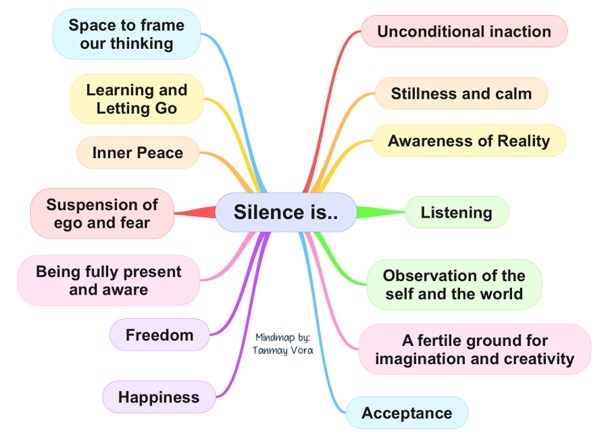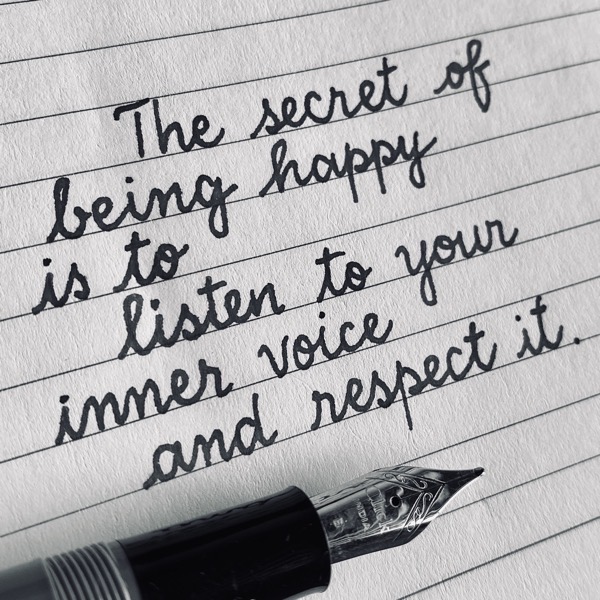When we set goals, we think about desirable outcomes. I want to score x%, I want to make Y$, I want to travel to Z destination.
When we set anti-goals, we turn this process around. We think of undesirable outcomes and think of “anti-goals” as activities, systems and actions that will allow us to avoid those undesirable outcomes.
Anti-goals and goals are two sides of the same coin. Your goals should be generative and protective as well. Anti-goals are protective in nature.
For example, your goal is to run a successful business that employs 100’s of people. That’s a worthy goal. But to do that, you need to avoid being sick, you need to avoid running out of money or make stupid investment decisions that drains your business away. Setting up systems and processes that don’t let you fail are as important as creating systems that enable you to succeed.
Throughout my career, I have worked in processes where risks were assessed and mitigation actions were planned to avoid and manage those risks. Fortunately, I was also able to bring those principles to how I managed my career and finances. For instance, I never fell for get-rich-quick schemes where risk outweighs the benefits. I was always mindful about my investments balancing stable returns with volatile ones.
Setting up systems to achieve anti-goals over a long period of times ensures you don’t be stupid and lose out on your gains.
Charlie Munger, the most famous investing partner of Warren Buffet got it right when he said,
It is remarkable how much long-term advantage people like us have gotten by trying to be consistently not stupid, instead of trying to be very intelligent.
25/366


